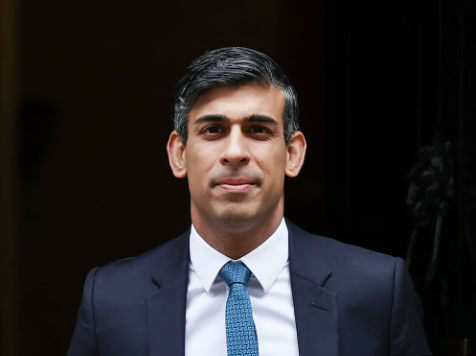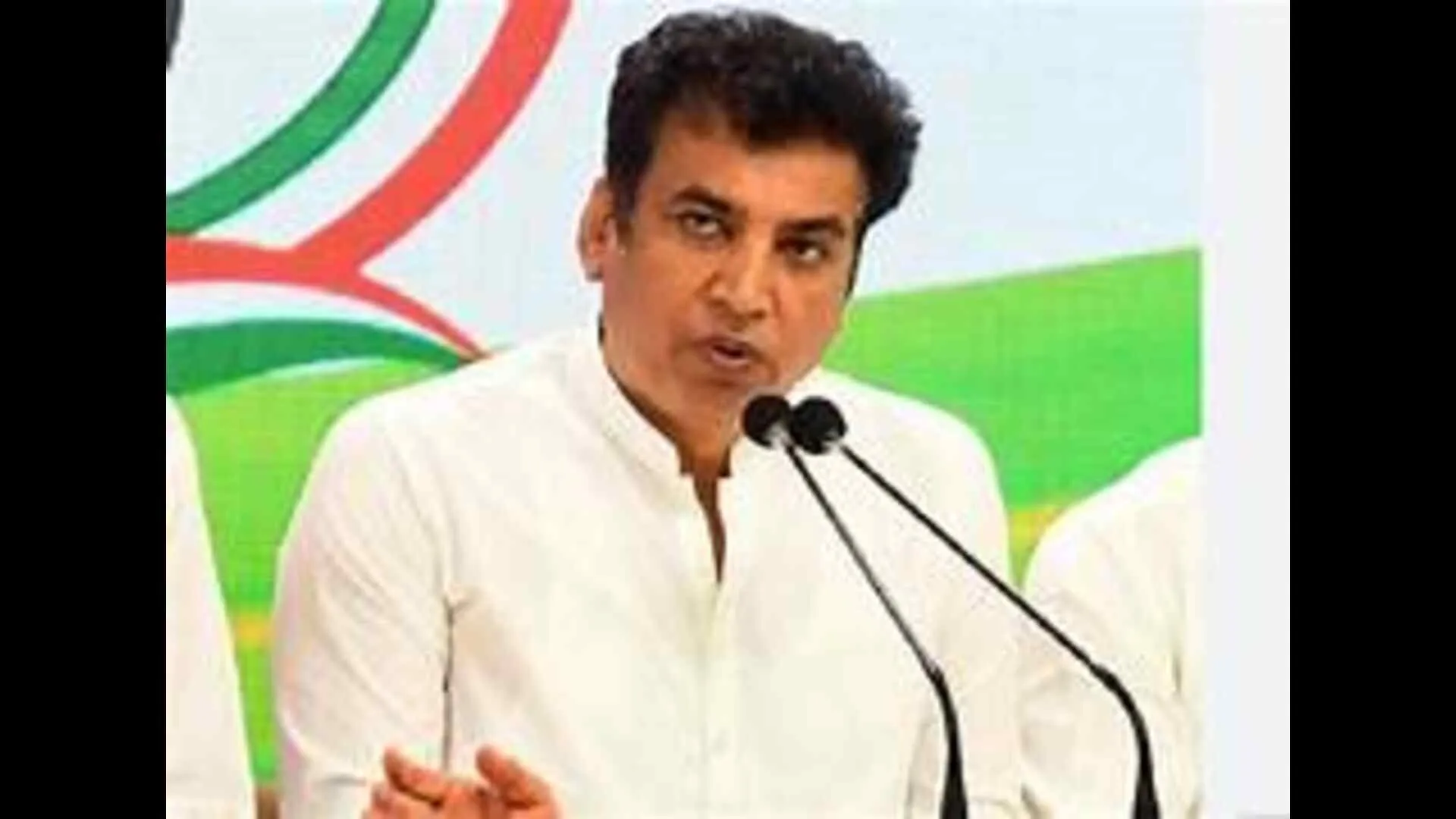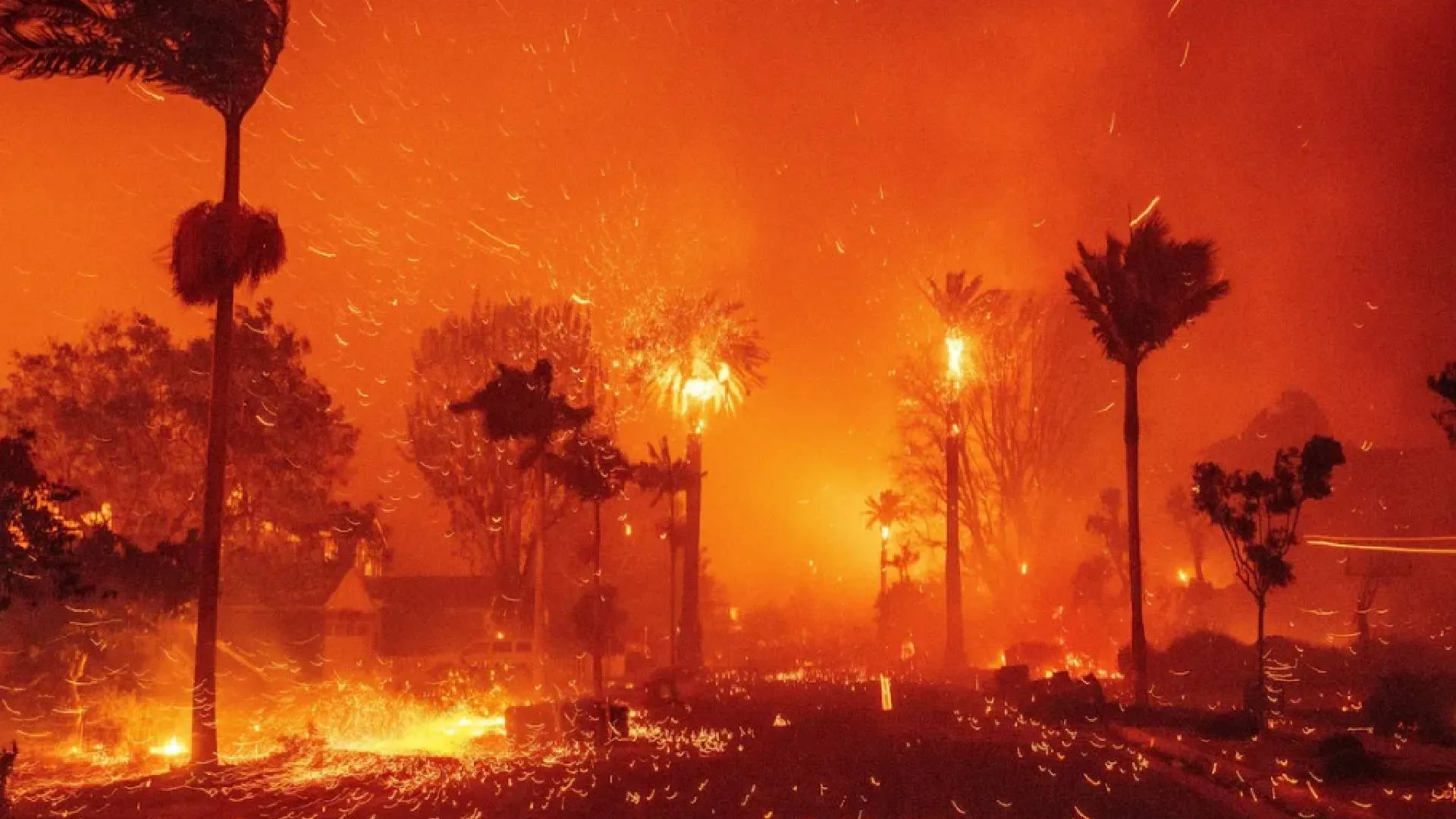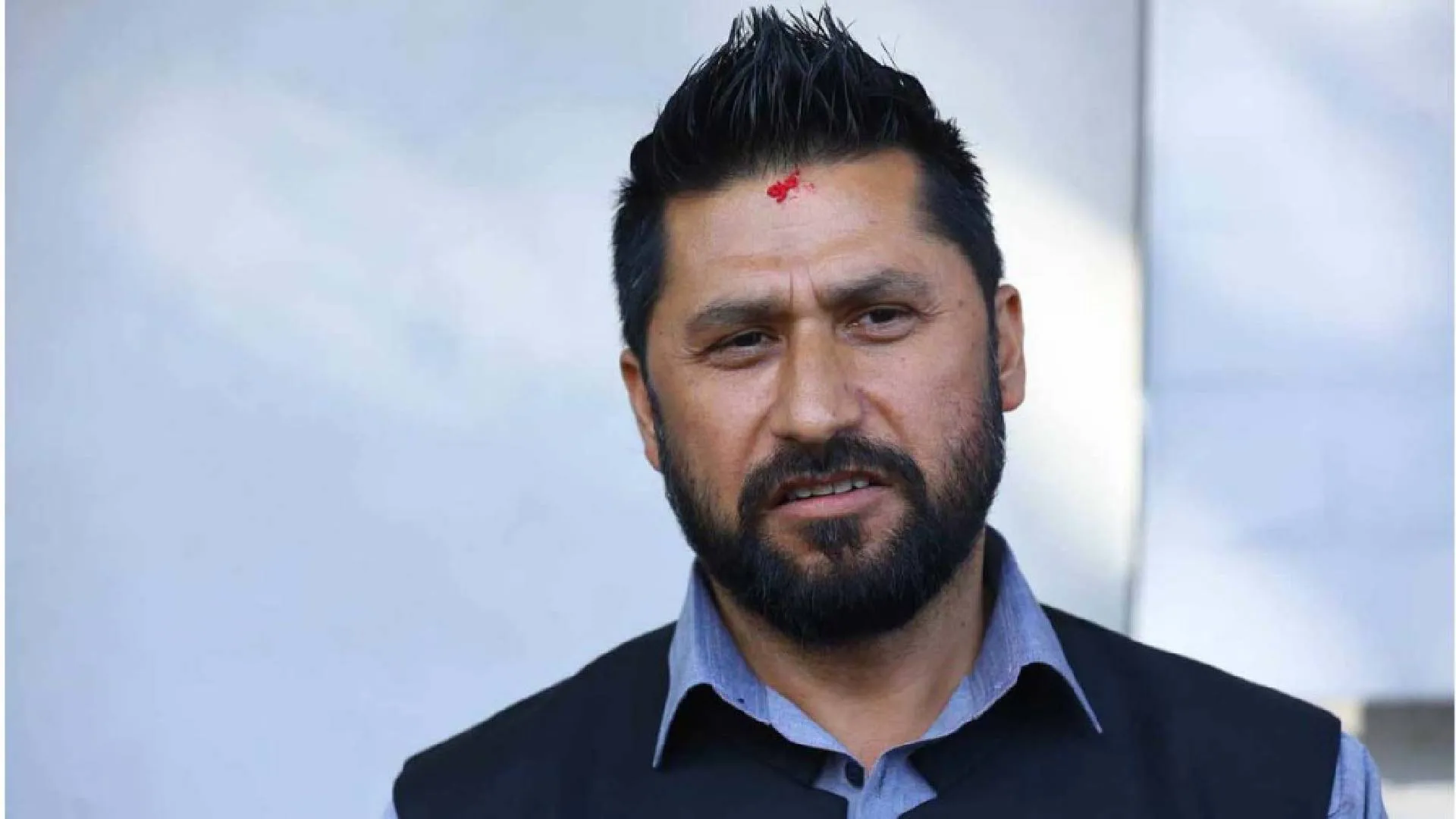Prime Minister Rishi Sunak is chairing a high-level meeting at 10 Downing Street in London on Monday to assess domestic security issues for the UK amid the Israel-Gaza conflict and against the backdrop of widespread protests on the streets of the country.
The Cabinet Office Briefing Rooms A (COBRA) meeting attended by UK Home Secretary Suella Braverman and counterterrorism officials follows another weekend of thousands of people protesting against the conflict in the Middle East, resulting in nine arrests and five being charged with public order offences including for racially aggravated crimes.
“We have to make sure that British citizens are safe and secure from the threat of terrorism as the government always does,’’ UK Education Minister Robert Halfon told ‘Times Radio’ with reference to the high-level COBRA meeting at Downing Street.
It follows the Metropolitan Police Commissioner, Sir Mark Rowley, calling for ‘’sharper’’ laws to deal with extremism on the streets of Britain.
‘’There is scope to be much sharper in how we deal with extremism within this country. The law was never designed to deal with extremism, there’s a lot to do with terrorism and hate crime but we don’t have a body of law that deals with extremism, and that is creating a gap,’’ Rowley told ‘Sky News’ over the weekend.The UK’s current threat level is ‘’substantial’’ which means an attack is likely – a level in place since February last year when it was downgraded from ‘’severe’’, which means an attack is highly likely.
According to the Met Police, there has been a 14-fold increase in antisemitic incidents since the Middle East crisis intensified three weeks ago and a three-fold increase in Islamophobic hate crimes. According to reports, the UK government may be looking into ways to tighten terrorism legislation to address some extremism concerns related to protests in the country, including chants of “jihad” and “intifada” calling for uprisings by demonstrators.
While Braverman has questioned the lack of tough police action against such incidents, the police have cautioned that the law is not entirely defined against such cases.
‘’We’ve got these big protests and some of what goes on there, people do find it upsetting and distasteful and sometimes people give an instinctive view that must not be legal.
But there’s no point arresting hundreds of people if it’s not prosecutable, that’s just inflaming things,’’ said Rowley.

















